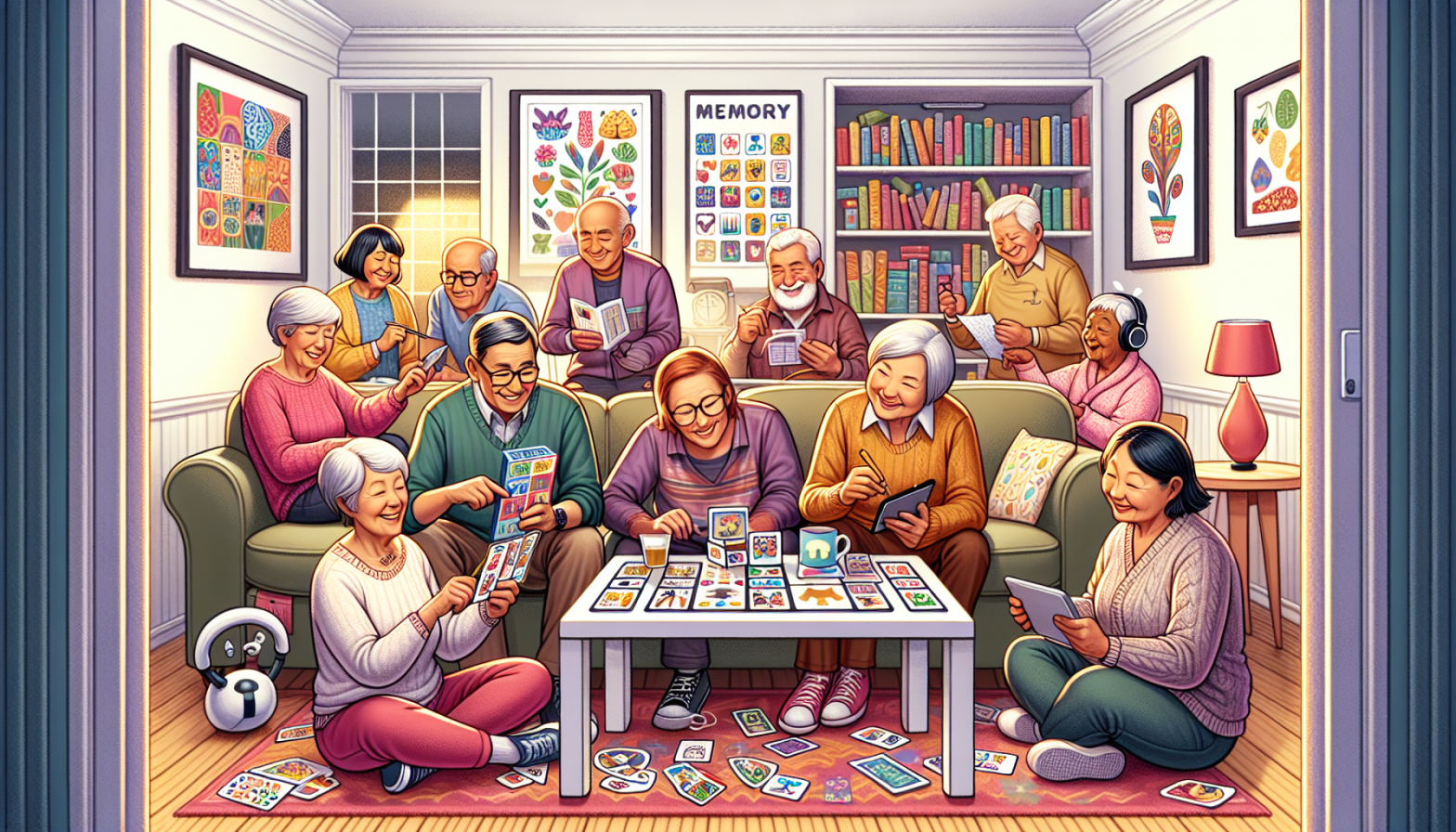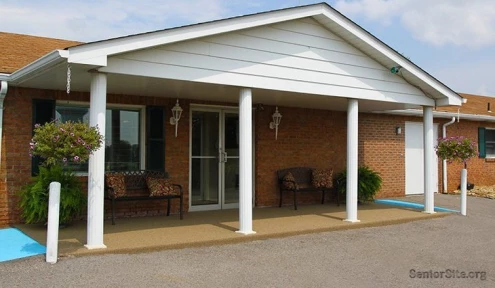As we age, maintaining cognitive function becomes increasingly important. Free senior memory games offer an engaging and accessible way for older adults to exercise their minds and potentially slow cognitive decline. These games provide a fun, interactive approach to brain training, combining entertainment with mental stimulation.
The world of free senior memory games is diverse and expansive. From classic card matching exercises that sharpen mental acuity to word games that boost vocabulary, there’s something for every preference. Number games help keep mathematical skills sharp, while picture-based activities enhance visual memory. Even music-based games are available to stimulate auditory memory. These varied options ensure seniors can find enjoyable ways to keep their minds active and potentially improve their cognitive skills.
Memory Card Games: Matching for Mental Acuity
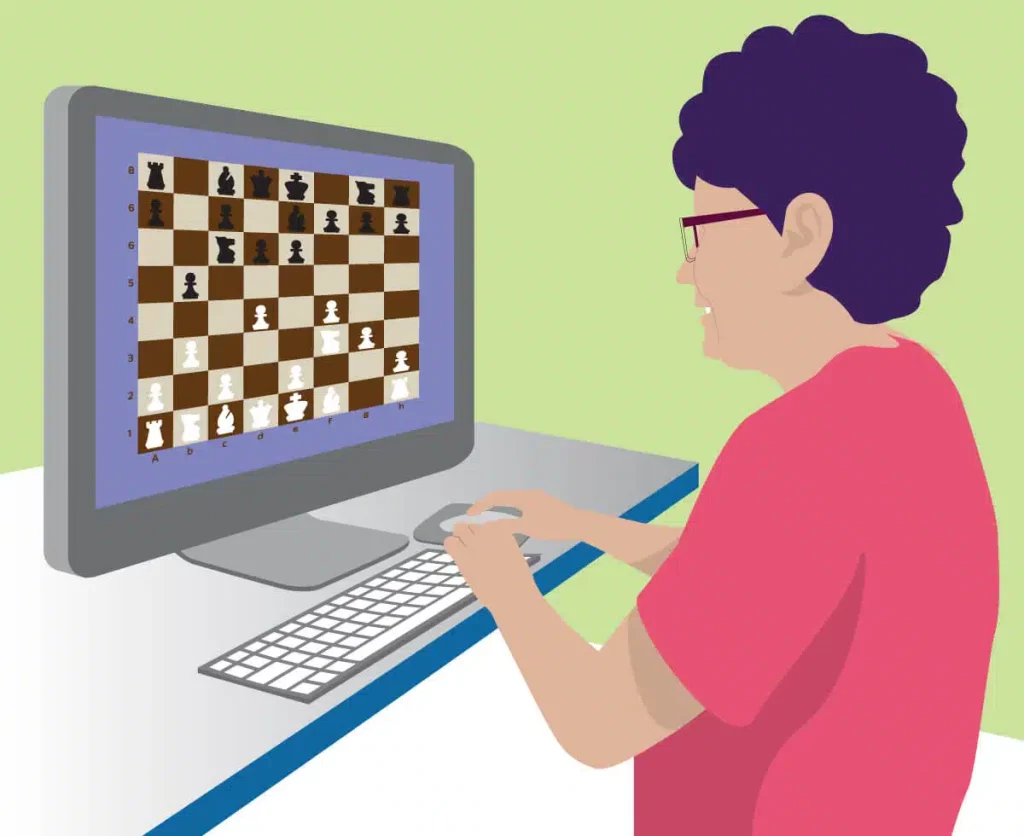
Memory card games offer an engaging way for seniors to exercise their minds and potentially slow cognitive decline. These games combine entertainment with mental stimulation, making them an excellent choice for brain training.
How to play memory games
The classic memory card game involves matching pairs from a shuffled deck. Players begin by laying all cards face down in random order. Taking turns, they flip two cards at a time. If the cards match, they’re removed from play. If not, they’re turned face down again. The game continues until all pairs are matched. This simple yet effective game exercises both memory and motor skills.
Benefits for short-term memory
Regular engagement with memory card games has several cognitive benefits:
- Improved memory retention
- Enhanced concentration
- Boosted problem-solving skills
- Enjoyable social interaction
These games stimulate the brain, encouraging mental focus and strengthening memory recall abilities. They also provide opportunities for meaningful social connections when played with others.
Digital memory game options
In addition to traditional card games, digital versions are available. These offer varied difficulty levels and can be played solo or with others online. Digital games often include features like timed challenges or score tracking, adding an extra layer of engagement. Whether using physical cards or digital platforms, memory games provide a fun and accessible way for seniors to keep their minds sharp and active.
Word Games: Boosting Vocabulary and Recall
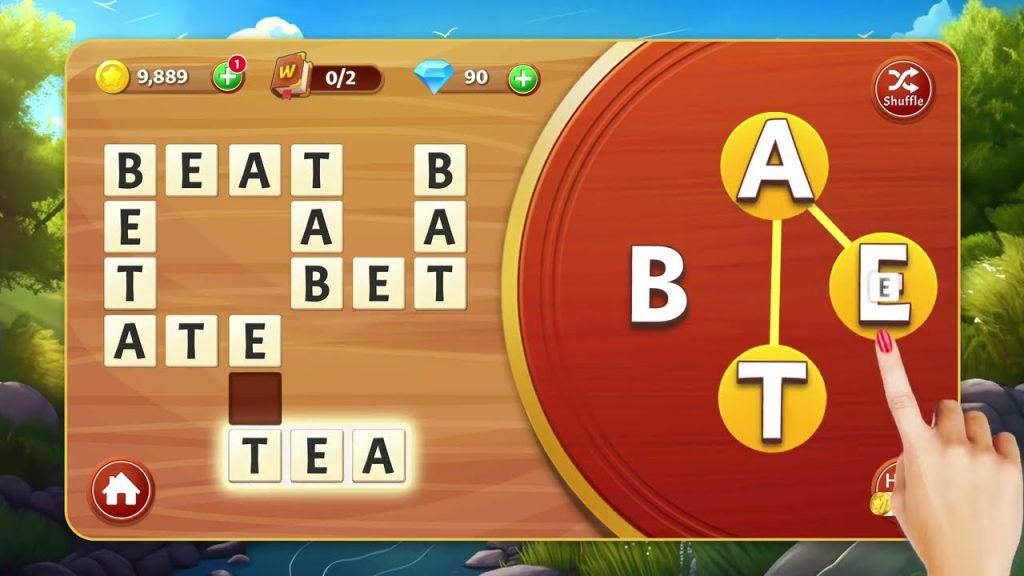
Word games offer seniors an engaging way to enhance their cognitive abilities while having fun. These games challenge players to analyze letters, form words, and make strategic decisions, all of which contribute to improved mental acuity.
Types of word games
There’s a wide variety of word games available, catering to different preferences and skill levels. Popular options include:
- Word searches with themed topics
- Anagram puzzles
- Crossword puzzles
- Scrabble-like games such as Words with Friends
- Wordle, a daily five-letter word guessing game
Cognitive benefits of word games
Regular engagement with word games has several cognitive benefits:
- Improved vocabulary
- Enhanced problem-solving skills
- Strengthened memory recall
- Increased concentration
- Reduced risk of developing dementia
These games stimulate the brain, encouraging mental focus and potentially building reserves of healthy brain cells and connections.
Free online word game resources
Numerous websites and apps offer free word games for seniors:
- The Word Search: Provides themed word searches
- Word Finder: Challenges players to create words from random letters
- Word Puzzle: Offers scrambled word puzzles
- Cryptogram Quotations: Involves decoding mysterious messages
These resources allow seniors to enjoy word games from the comfort of their homes, providing hours of entertainment and mental stimulation.
Number Games: Sharpening Mathematical Skills
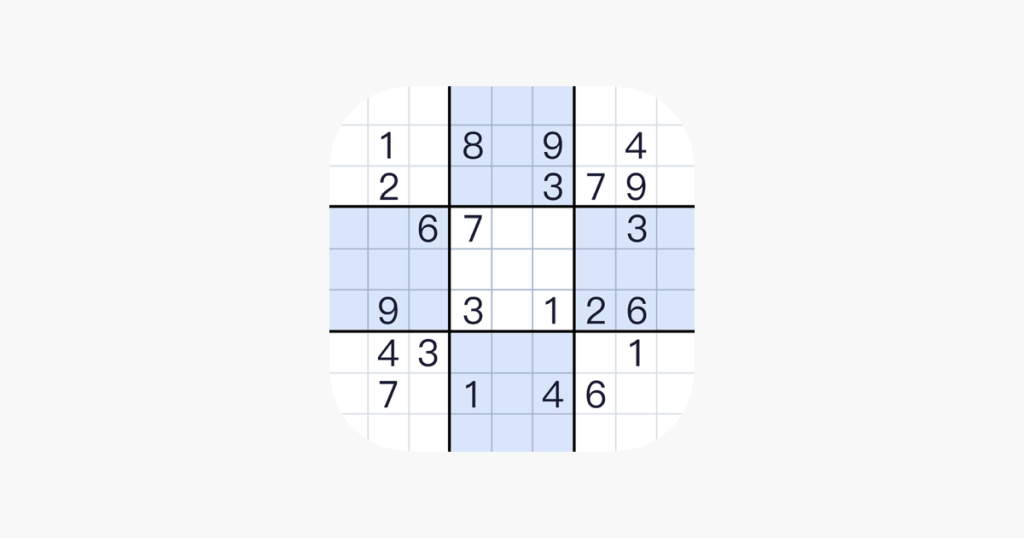
Number games offer seniors an engaging way to keep their mathematical skills sharp and their minds active. These games challenge players to think critically, solve problems, and exercise their logical reasoning abilities.
Sudoku and other number games
Sudoku stands out as a popular choice among seniors. This puzzle game involves filling a 9×9 grid with numbers 1 through 9, ensuring no repeats in each row, column, and 3×3 sub-grid. Sudoku puzzles come in various difficulty levels, making them accessible to beginners and challenging for advanced players.
Other number games include:
- Kakuro: A mathematical crossword where players fill grids with numbers based on given sums.
- Number crosswords: Similar to word crosswords but using numbers instead.
- Trivia games: These often incorporate numerical questions, stimulating both memory and mathematical thinking.
Benefits for logical thinking
Regular engagement with number games offers several cognitive benefits:
- Enhanced critical thinking skills
- Improved problem-solving abilities
- Strengthened logical reasoning
- Increased mental flexibility
- Potential reduction in the risk of cognitive decline
These games encourage seniors to use different parts of their brain, stimulating neural pathways that might otherwise become dormant.
Where to find free number games
Seniors can access number games through various free resources:
- Online platforms offering Sudoku, Kakuro, and other number puzzles
- Mobile apps designed specifically for seniors, featuring large numbers and eye-friendly interfaces
- Printable puzzles available in newspapers, magazines, and dedicated puzzle books
- Brain teaser websites providing a mix of numerical riddles and logic puzzles
These resources allow seniors to enjoy number games from the comfort of their homes, providing both entertainment and mental stimulation.
Picture Games: Visual Memory Enhancement
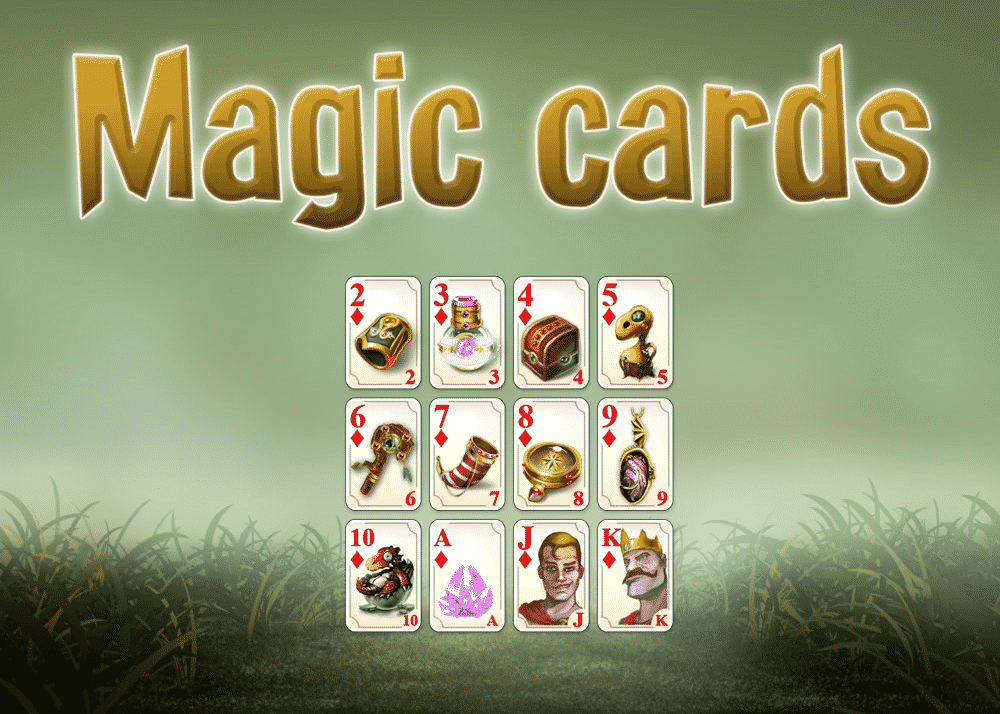
Picture games offer seniors an engaging way to enhance their visual memory and cognitive abilities. These games stimulate different parts of the brain, contributing to overall cognitive health and well-being.
Types of picture memory games
- Digital jigsaw puzzles: Available on platforms like The Washington Post and National Geographic, these puzzles offer varying difficulty levels and beautiful images.
- Mahjong: An ancient Chinese strategy game that improves memory skills by matching tiles.
- Spot-the-difference games: These exercises help seniors process patterns and differentiate between images.
- Matching picture exercises: These games strengthen visual perception and attention to detail.
Benefits for visual recall
Regular engagement with picture games provides several cognitive benefits:
- Enhanced visual processing skills
- Improved pattern recognition
- Strengthened attention to detail
- Better problem-solving abilities
- Increased mental agility
These skills are crucial for everyday activities such as reading, driving, and navigating the environment.
Online vs physical picture games
Both online and physical picture games offer unique advantages:
Online games:
- Provide numerous difficulty levels
- Offer convenience and accessibility
- Can track progress and adapt to the player’s skill level
Physical games:
- Improve dexterity in fingers and hands
- Offer a tactile experience
- Provide opportunities for social interaction when played with others
Regardless of the format, picture games serve as an excellent tool for seniors to exercise their minds and maintain cognitive function.
Music-Based Games: Auditory Memory Stimulation
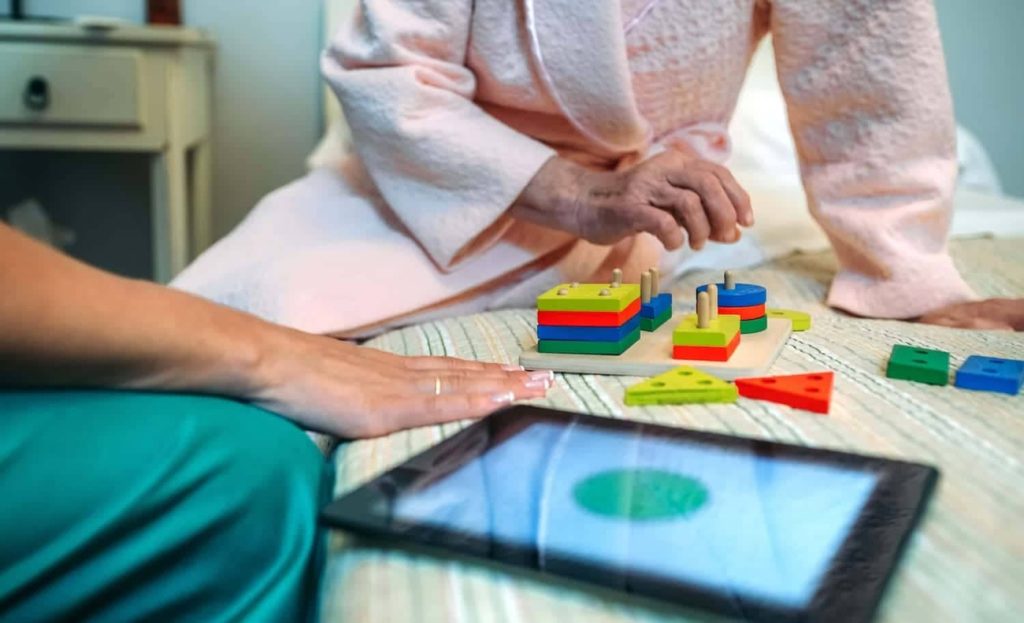
Music-based games offer seniors an engaging way to stimulate auditory memory and enhance cognitive function. These activities leverage the brain’s natural affinity for musical patterns and rhythms, providing both entertainment and therapeutic benefits.
Music memory game examples
- Musical Jeopardy: A popular game that challenges seniors to identify songs, artists, and musical instruments.
- Name That Tune: Participants guess songs based on short musical clips.
- Finish the Lyric: Players complete well-known song lyrics.
- Patriotic Songs: A category that resonates with many older adults, especially veterans.
Benefits of music for senior cognition
Music therapy has shown remarkable effects on brain function, memory, and attention in seniors. It can:
- Release dopamine, improving mood and emotional regulation
- Enhance verbal memory and focused attention
- Relieve symptoms of Alzheimer’s and dementia
- Aid in pain management and healing processes
Free music game resources
Seniors can access music-based games through various free platforms:
- Online music trivia websites
- Mobile apps designed for seniors with user-friendly interfaces
- Community center programs offering group music activities
- Local libraries with music-themed events and resources
These games not only provide cognitive stimulation but also foster social interaction and communication skills among seniors.
Conclusion
Free senior memory games offer a wealth of opportunities to stimulate cognitive function and potentially slow mental decline. These activities, ranging from classic card matching to music-based challenges, provide an enjoyable way to exercise the mind while promoting social interaction. What’s more, the variety of games available ensures that seniors can find options that suit their interests and skill levels, making brain training both fun and accessible.
To wrap up, the importance of mental stimulation for older adults cannot be overstated. By incorporating these free memory games into their daily routines, seniors can work to maintain their cognitive abilities, boost their mood, and enhance their overall quality of life. Whether played alone or with others, these games serve as valuable tools to keep the mind sharp and engaged throughout the golden years.
